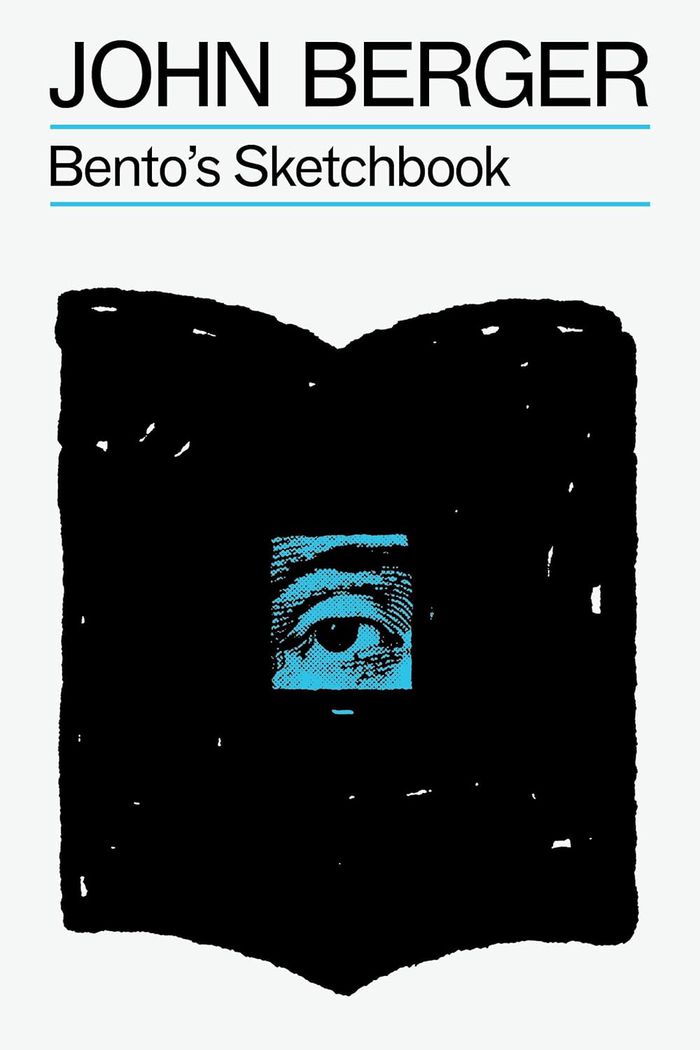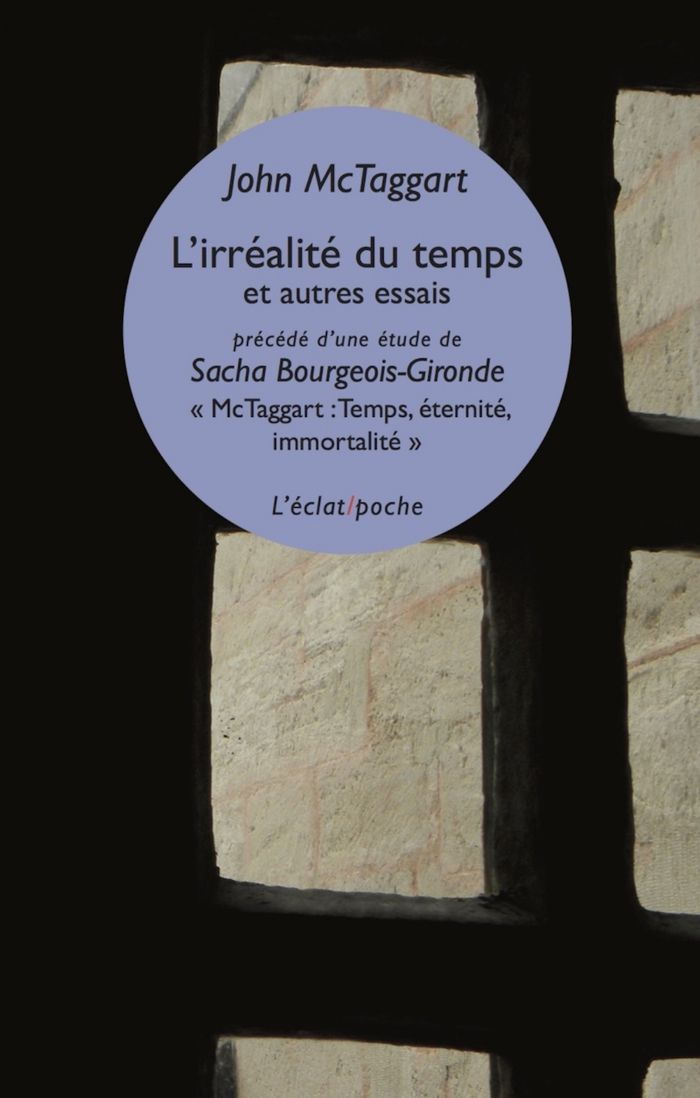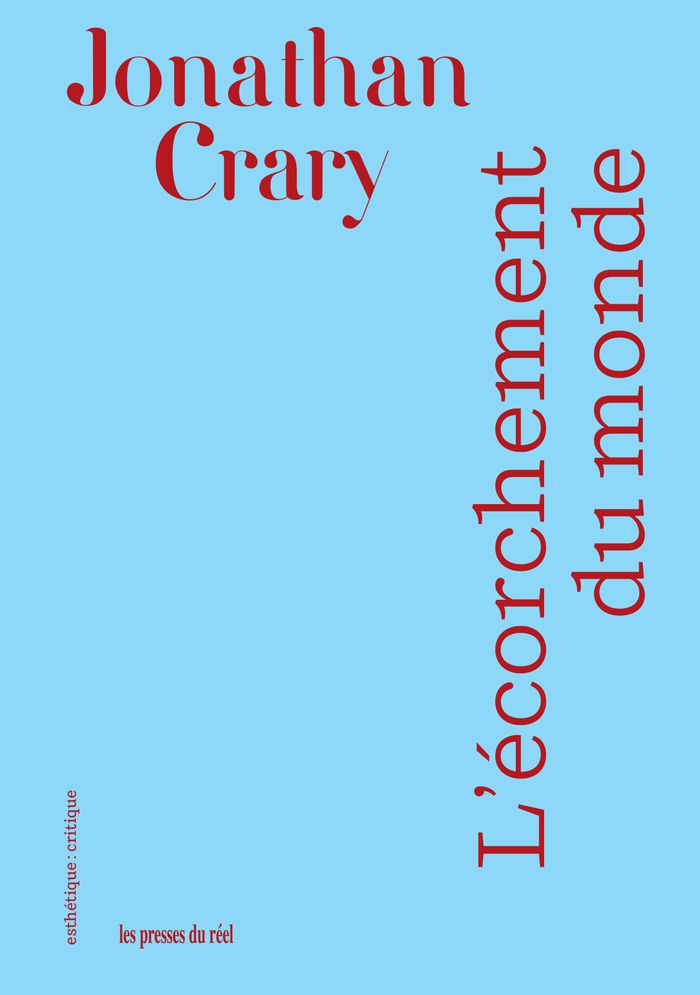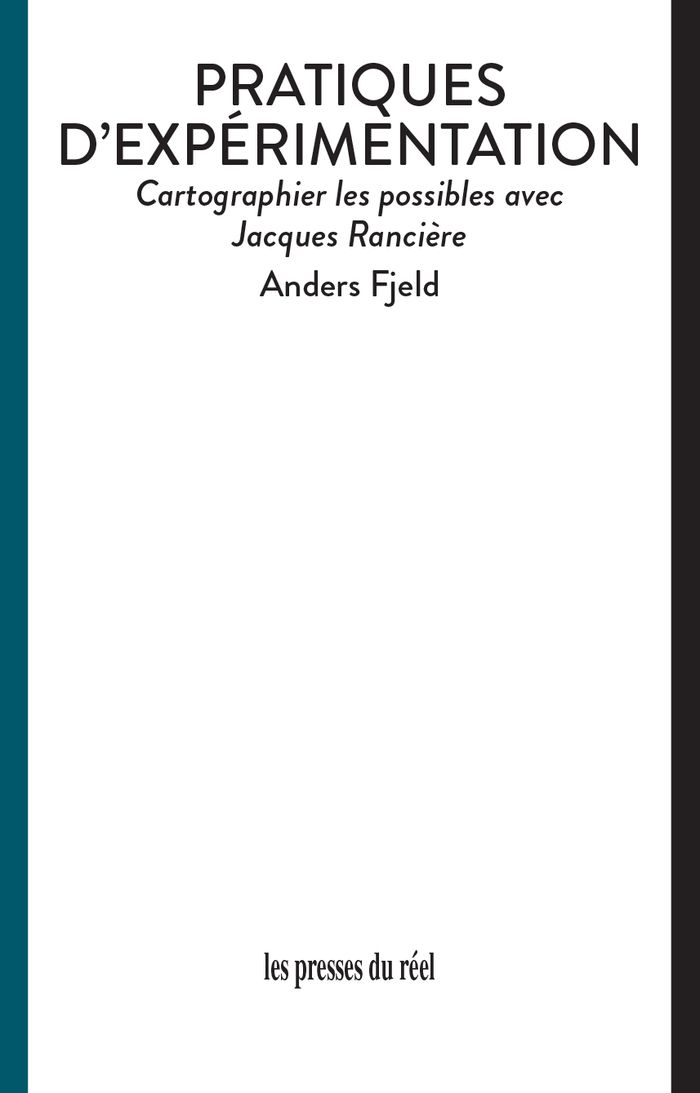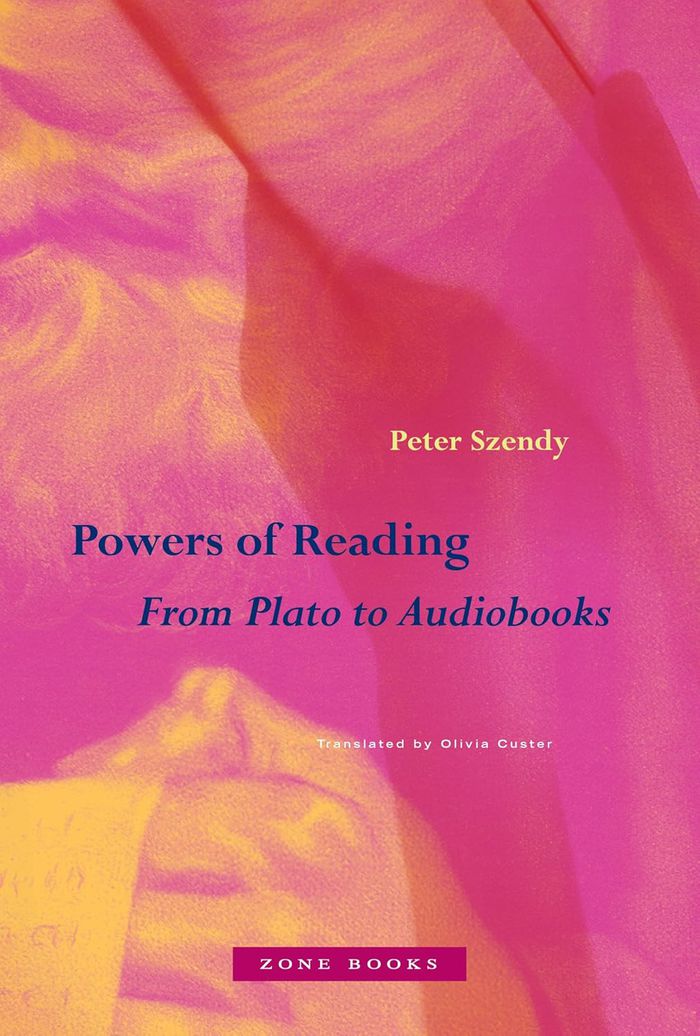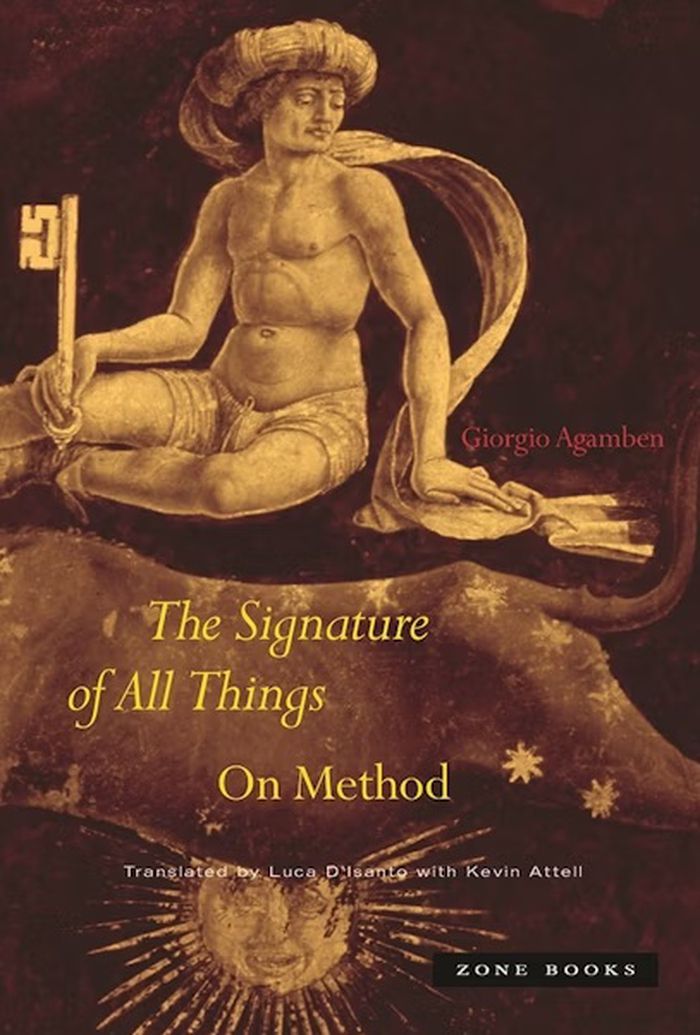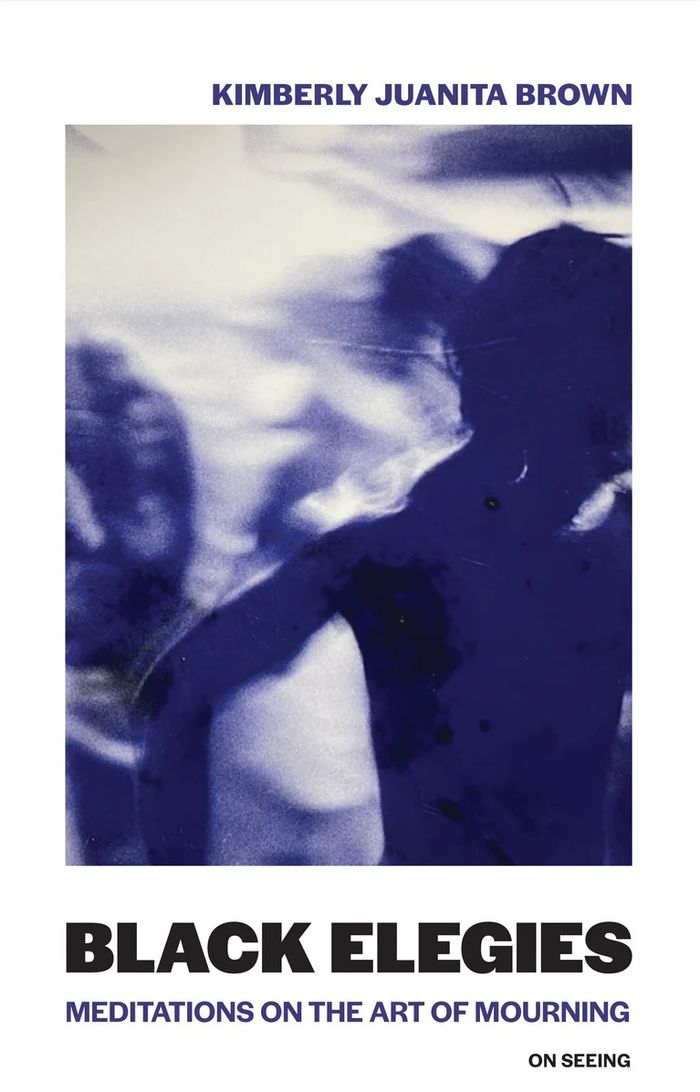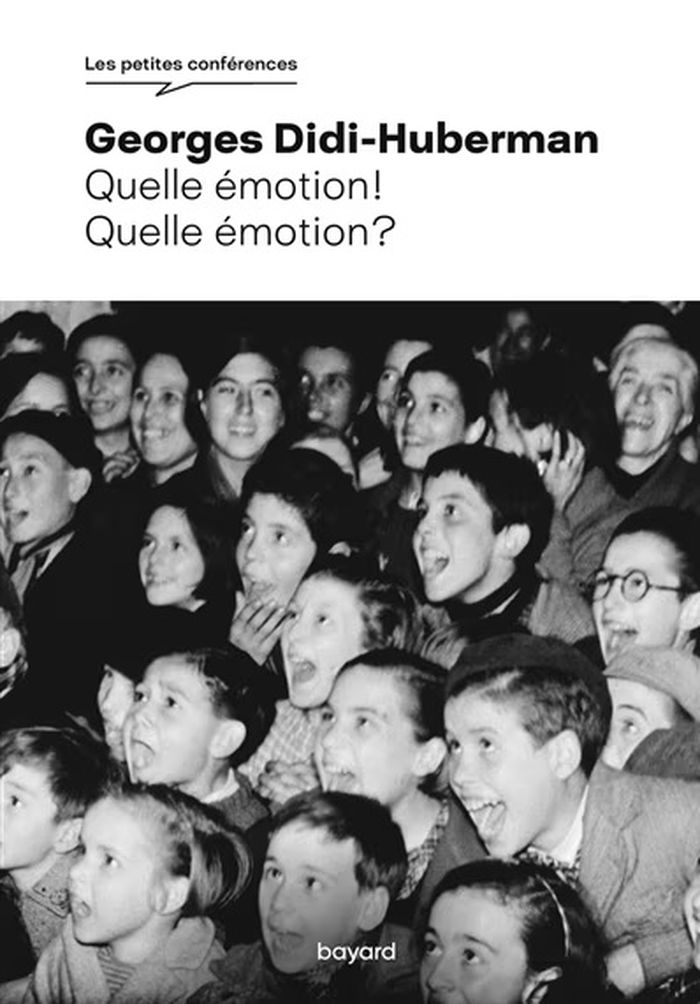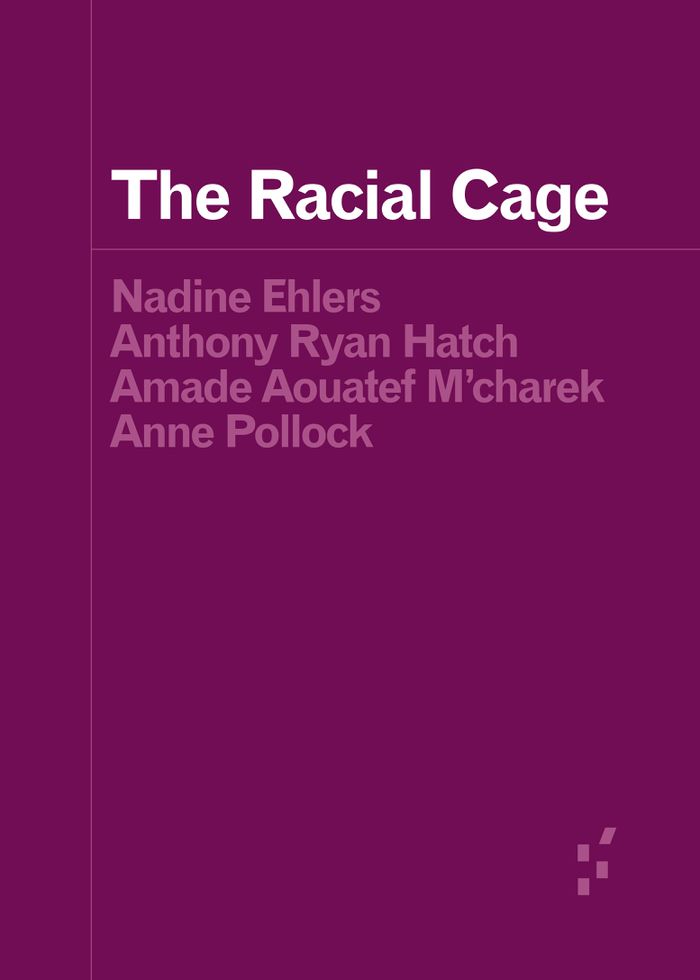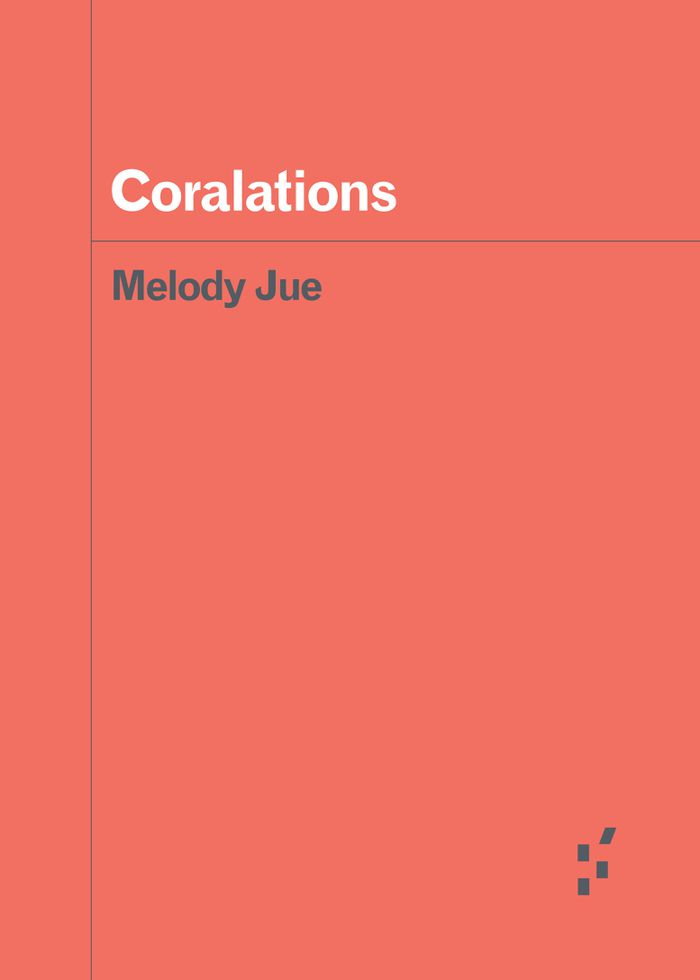Bento's sketchbook
$33.95
(disponible en magasin)
Résumé:
The seventeenth-century philosopher Baruch Spinoza (a.k.a. Bento) spent the most intense years of his short life writing. He also carried with him a sketchbook. After his sudden death, his friends rescued letters, manuscripts, notes—but no drawings. For years, without knowing what its pages might hold, John Berger has imagined finding Bento’s sketchbook, wanting to see(...)
Bento's sketchbook
Actions:
Prix:
$33.95
(disponible en magasin)
Résumé:
The seventeenth-century philosopher Baruch Spinoza (a.k.a. Bento) spent the most intense years of his short life writing. He also carried with him a sketchbook. After his sudden death, his friends rescued letters, manuscripts, notes—but no drawings. For years, without knowing what its pages might hold, John Berger has imagined finding Bento’s sketchbook, wanting to see the drawings alongside his surviving words. When one day a friend gave him a beautiful virgin sketchbook, Berger said, ‘'This is Bento’s!’' and he began to draw, taking inspiration from the philosopher’s vision. In this beautifully illustrated book, Berger uses the imaginative space opened up in this experiment to explore politics, storytelling, Spinoza’s life and times, and the process of drawing itself.
Théorie/ philosophie
L'irréalité du temps
$22.95
(disponible en magasin)
Résumé:
« Le passé, le présent et le futur sont des caractéristiques incompatibles. Chaque événement doit avoir l’une ou l’autre de ces caractéristiques, mais aucun événement ne peut en avoir plus d’une. » C’est ce qu’écrit John McTaggart en 1908, formulant ainsi l’argument philosophique le plus célèbre en faveur de l’irréalité du temps. Pour McTaggart, il n’y a aucune issue à ce(...)
L'irréalité du temps
Actions:
Prix:
$22.95
(disponible en magasin)
Résumé:
« Le passé, le présent et le futur sont des caractéristiques incompatibles. Chaque événement doit avoir l’une ou l’autre de ces caractéristiques, mais aucun événement ne peut en avoir plus d’une. » C’est ce qu’écrit John McTaggart en 1908, formulant ainsi l’argument philosophique le plus célèbre en faveur de l’irréalité du temps. Pour McTaggart, il n’y a aucune issue à ce paradoxe et notre conception du temps comme impliquant un changement dans les événements est irrémédiablement contradictoire. Sacha Bourgeois-Gironde présente ici trois écrits majeurs de McTaggart : « L’Irréalité du temps », « La Relation du temps et de l’éternité » et « Préexistence et postexistence ». Il en discute les prémisses et insiste sur les conséquences tant ontologiques que pratiques d’une thèse aussi controversée que singulière.
Théorie/ philosophie
$47.95
(disponible en magasin)
Résumé:
Dans cet essai sans concession, Jonathan Crary tord le cou à l'optimisme béat du tout-numérique. L'ère de la connectivité ne renforce pas les liens entre les vivants, elle les dissout pour de bon. Pour l'auteur de 24/7, l'ère numérique doit être identifiée lucidement pour ce qu'elle est : la phase terminale funeste d'un capitalisme mondial et d'un auto-extractivisme(...)
L'écorchement du monde – Pour en finir avec l'ère numérique : vers un monde post-capitaliste
Actions:
Prix:
$47.95
(disponible en magasin)
Résumé:
Dans cet essai sans concession, Jonathan Crary tord le cou à l'optimisme béat du tout-numérique. L'ère de la connectivité ne renforce pas les liens entre les vivants, elle les dissout pour de bon. Pour l'auteur de 24/7, l'ère numérique doit être identifiée lucidement pour ce qu'elle est : la phase terminale funeste d'un capitalisme mondial et d'un auto-extractivisme auquel participent à leur insu les utilisateurs du Net. Pour Crary, il faut cesser de croire que les réseaux sociaux puissent être des espaces de mise en commun, et reconnaître qu'ils participent d'un processus d'isolation et de dépolitisation méthodique. Son brûlot vise à réveiller les consciences, afin de chercher d'autres manières de recréer du lien, et de préserver la planète d'un écocide annoncé.
Théorie/ philosophie
$31.95
(disponible en magasin)
Résumé:
Partant d'une relecture audacieuse de Jacques Rancière, cet essai déploie une philosophie de l'expérimentation, à la croisée de la vie, de la politique et de l'esthétique, à la recherche de nouvelles manières d'imaginer, d'explorer et d'agencer les possibles.
Pratiques d'expérimentation : Cartographier les possibles avec Jacques Rancière
Actions:
Prix:
$31.95
(disponible en magasin)
Résumé:
Partant d'une relecture audacieuse de Jacques Rancière, cet essai déploie une philosophie de l'expérimentation, à la croisée de la vie, de la politique et de l'esthétique, à la recherche de nouvelles manières d'imaginer, d'explorer et d'agencer les possibles.
Théorie/ philosophie
$44.00
(disponible en magasin)
Résumé:
Peter Szendy offers a subtle, persuasive, and unprecedented account of the time of reading and its scene of address, one that is as archaic as it is contemporary. When we read, are we listening to a voice or being read to? If it is not a private and monologic exercise, how do we understand the populated scene of reading? What reads when we read, and how does reading push(...)
Powers of reading: From Plato to audiobooks
Actions:
Prix:
$44.00
(disponible en magasin)
Résumé:
Peter Szendy offers a subtle, persuasive, and unprecedented account of the time of reading and its scene of address, one that is as archaic as it is contemporary. When we read, are we listening to a voice or being read to? If it is not a private and monologic exercise, how do we understand the populated scene of reading? What reads when we read, and how does reading push and pull between temporalities and voices? Why do we keep leaving the text when we seek to obey the injunction to stay within its terms?
Théorie/ philosophie
$34.00
(disponible en magasin)
Résumé:
"The signature of all things" is Giorgio Agamben’s sustained reflection on method. To reflect on method implies for Agamben an archeological vigilance: a persistent form of thinking whose path is to expose, examine, and elaborate that which remains obscure, unthematized, even unsaid, in an author’s thought. To be archeologically vigilant, then, is to return to, even(...)
The signature of all things: On method
Actions:
Prix:
$34.00
(disponible en magasin)
Résumé:
"The signature of all things" is Giorgio Agamben’s sustained reflection on method. To reflect on method implies for Agamben an archeological vigilance: a persistent form of thinking whose path is to expose, examine, and elaborate that which remains obscure, unthematized, even unsaid, in an author’s thought. To be archeologically vigilant, then, is to return to, even invent, a method attuned to a "world supported by a thick plot of resemblances and sympathies, analogies and correspondences." The range of authors and of topics Agamben collects in this slim but dense volume exemplifies this search to create a science of signatures that exceeds either a semiology or hermeneutics vainly attempting to determine the pure and unmarked signs that signify univocally, neutrally, and eternally.
Théorie/ philosophie
$25.95
(disponible en magasin)
Résumé:
In "Black elegies", Kimberly Juanita Brown examines the form of the elegy and its unique capacity to convey the elongated grief borne of sustained racial violence. Structured around the sensorial, the book moves through sight, sound, and touch to reveal what Okwui Enwezor calls the "national emergency of black grief." With her characteristic literary skill, Brown analyzes(...)
Black elegies: meditations on the art of mourning
Actions:
Prix:
$25.95
(disponible en magasin)
Résumé:
In "Black elegies", Kimberly Juanita Brown examines the form of the elegy and its unique capacity to convey the elongated grief borne of sustained racial violence. Structured around the sensorial, the book moves through sight, sound, and touch to reveal what Okwui Enwezor calls the "national emergency of black grief." With her characteristic literary skill, Brown analyzes the work of major figures including Toni Morrison, Carrie Mae Weems, Audre Lorde, and Marvin Gaye, among others. Brown contemplates recognizable sites of mourning: forced migration and enslavement, bodily violations, imprisonment and death. And she examines sites that do not register immediately as archives of grief: the landscape of southern U.S. slave plantations, a spontaneous street party, a quilt constructed out of the clothing worn by a loved one, a dance performance to hold the memory of history, and an aeolian harp installed at an institute of European art, among others. In this, the book offers a framework of mourning while black, within the parameters of contemporary artistic production.
Théorie/ philosophie
$22.95
(disponible en magasin)
Résumé:
Pourquoi faisons-nous les mêmes gestes, déformons-nous nos visages de la même façon, laissons-nous des larmes couler sur nos joues quand nous venons de perdre un proche ? Les émotions ne nous appartiennent-elles qu’à nous ou sont-elles la part « primitive » de l’Homme ? A l’aide de photos prises par Charles Darwin, l’auteur nous aide à penser. Les émotions ne nous figent(...)
Quelle émotion ! Quelle émotion ?
Actions:
Prix:
$22.95
(disponible en magasin)
Résumé:
Pourquoi faisons-nous les mêmes gestes, déformons-nous nos visages de la même façon, laissons-nous des larmes couler sur nos joues quand nous venons de perdre un proche ? Les émotions ne nous appartiennent-elles qu’à nous ou sont-elles la part « primitive » de l’Homme ? A l’aide de photos prises par Charles Darwin, l’auteur nous aide à penser. Les émotions ne nous figent pas. Elles peuvent être un moteur. Ces femmes dans le Cuirassé Potemkine pleurent un matelot assassiné... Mais dans un même mouvement, elles se mettent à serrer les poings. Le « peuple en larmes » devient le « peuple en armes ». Les émotions peuvent nous guider. Autant, voire plus, que la raison. Gilles Deleuze affirme « l’émotion ne dit pas je ». Georges Didi-Huberman nous permet de comprendre en quoi elle est un message, un mouvement hors de soi, une façon d’aller vers l’autre, de s’exposer.
Théorie/ philosophie
The racial cage
$13.99
(disponible en magasin)
Résumé:
"The racial cage" delivers a spirited and polyvocal analysis of how race is materialized through both metaphorical and literal cages. It theorizes the cage, fence, dragnet, and tube as material–semiotic sites for racialization and for iteratively redefining the human–animal boundary. A collaborative conversation across continents, this work examines the racial cage as an(...)
Théorie/ philosophie
juillet 2025
The racial cage
Actions:
Prix:
$13.99
(disponible en magasin)
Résumé:
"The racial cage" delivers a spirited and polyvocal analysis of how race is materialized through both metaphorical and literal cages. It theorizes the cage, fence, dragnet, and tube as material–semiotic sites for racialization and for iteratively redefining the human–animal boundary. A collaborative conversation across continents, this work examines the racial cage as an important part of the practice of social division and bodily containment. The deeply considered result is an empirical and theoretical approach to biohumanities that productively interrogates its linkages to critical theories of race and racism.
Théorie/ philosophie
Coralations
$13.99
(disponible en magasin)
Résumé:
"Coralations" is a philosophical exploration of the media that come into focus when we shift our attention from the highly recognizable coral of the tropics. Focusing on soft corals and deep-water corals leads to different narratives about climate change and involves different analogies to media. Through thought-provoking analyses of photography, science fiction, visual(...)
Coralations
Actions:
Prix:
$13.99
(disponible en magasin)
Résumé:
"Coralations" is a philosophical exploration of the media that come into focus when we shift our attention from the highly recognizable coral of the tropics. Focusing on soft corals and deep-water corals leads to different narratives about climate change and involves different analogies to media. Through thought-provoking analyses of photography, science fiction, visual art, and scientific images, Melody Jue renews our curiosity and broadens our understanding of corals beyond the dominant narratives about their endangerment. "Coralations" shows how paying attention to particular corals can change what we take for granted.
Théorie/ philosophie
